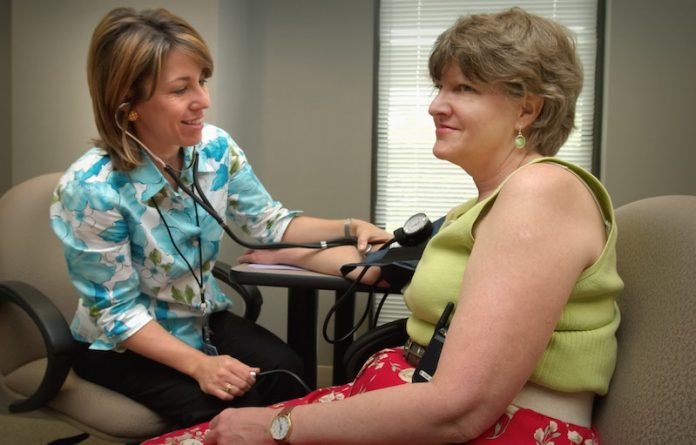
Sudden cardiac arrest is a sudden loss of blood flow when the heart fails to effectively pump. This disease causes around half of the cardiac deaths in Europe and one in five natural deaths.
Common symptoms of this heart condition include loss of consciousness and abnormal or absent breathing. If not treated within minutes, the condition could lead to death.
Patients may also have chest pain, shortness of breath, or nausea before cardiac arrest.
In a recent study reported by the European Sudden Cardiac Arrest network, researchers found that a drug commonly used to treat high blood pressure is linked to a higher risk of sudden cardiac arrest.
The drug is nifedipine, and they suggest that doctors and high blood pressure patients need to use the drug more carefully.
In the study, the researchers tested whether two common drugs (nifedipine and amlodipine) for high blood pressure and chest pain are linked to sudden cardiac arrest.
They analyzed 2,503 patients and 10,543 healthy people from the Dutch Amsterdam Resuscitation Studies registry.
They found that high-dose (60 mg/day) of nifedipine was linked to a higher risk of sudden cardiac arrest. There was no link between amlodipine and sudden cardiac arrest.
They then confirmed their findings in 8,101 patients and 40,505 controls in the Danish Cardiac Arrest Registry. The findings suggest that high-dose nifedipine may increase the risk of sudden cardiac arrest.
It may be surprising given that both drugs have been in use for many years and in many patients.
Previous research did not find this link may be because sudden cardiac arrest is very hard to study due to its rapid course.
The team says future work needs to confirm the findings before action should be taken by doctors or patients.
If you care about blood pressure, please read studies about cannabis linked to 3-times higher death risk in high blood pressure, and this common plant nutrient could help reduce high blood pressure.
If you care about heart health, please read studies about the best time to take vitamins to prevent heart disease, and Vitamin C linked to lower risk of heart failure.
Copyright © 2022 Knowridge Science Report. All rights reserved.



